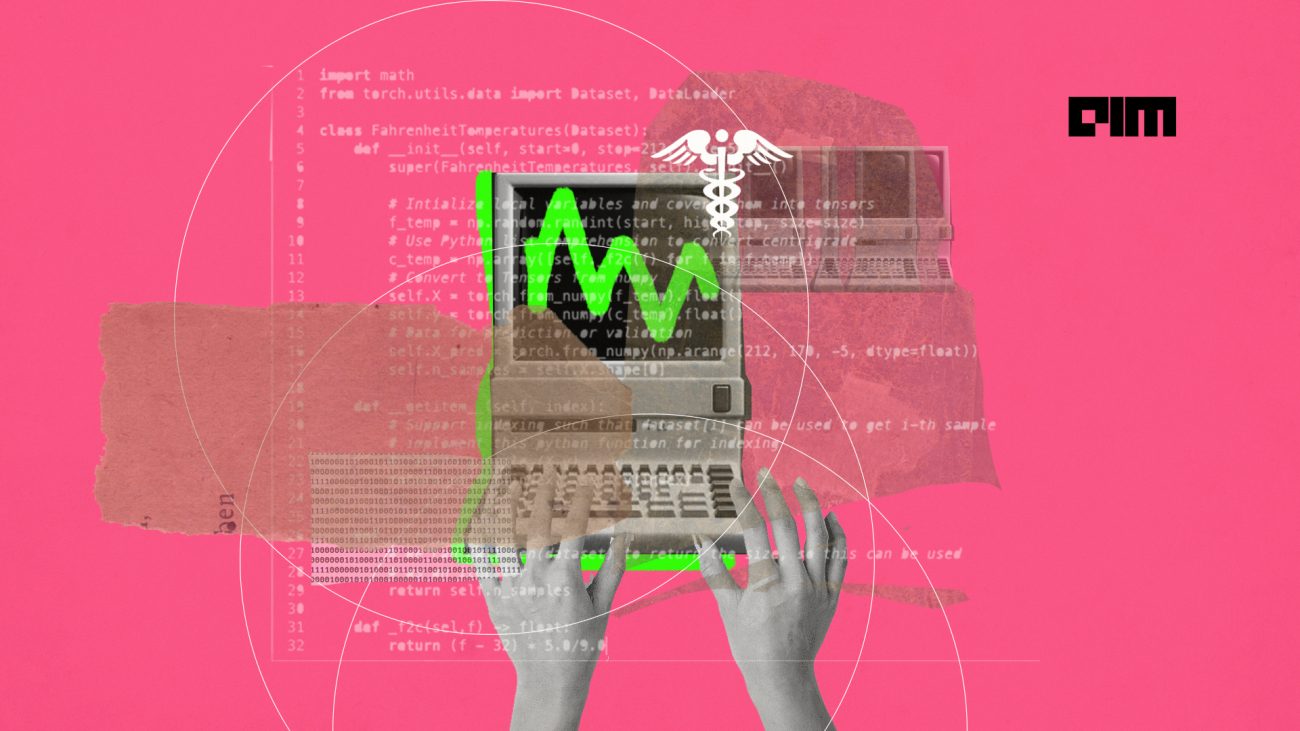|
Listen to this story
|
Of the thousand of journals and research papers published every day, one has managed to make it to the headlines due to its co-author, ChatGPT, which has been the centre of attention since its release in November 2022.
Preceding all others, a peer-reviewed paper titled ‘Open artificial intelligence platforms in nursing education: Tools for academic progress or abuse?’ was recently published by Siobhan O’Connor, senior lecturer at the School of Health Sciences and an adjunct associate professor at the Western University.
The internet has lauded the official acceptance of the chatbot. Some even said ChatGPT is on the way to becoming the most cited author in history and simultaneously making tenure in all major universities. On the contrary, many people were put off seeing AI in the authorship and call the attempt a way out to protect oneself from plagiarism accusations. Moreover, the author needs to reference or mention how they have used the tool for the study. The interesting questions and unknowns are around copyrights and legislation that need to be prepared for such a storm.
Adding to the backdrop recently, a group at Northwestern University of Chicago, Illinois, led by Catherine Gao, used ChatGPT to generate artificial research paper abstracts to test whether scientists can spot them.
The ChatGPT-generated abstracts sailed through the plagiarism check: the median originality score was 100%, indicating no plagiarism. The AI-output detector spotted 66% of the generated abstracts. But the human reviewers didn’t fare too well: they correctly identified only 68% of the generated abstracts and 86% of the genuine abstracts. Furthermore, they incorrectly identified 32% of the generated abstracts as being real and 14% of the genuine abstracts as being generated.
Moreover, one of the most prestigious machine learning conferences, the International Conference on Machine Learning (ICML), banned authors from using tools like ChatGPT to author papers, triggering a debate about the role of AI-generated text in academia.
ICML announced the policy earlier this month: Papers including text generated from a large-scale language model like ChatGPT are prohibited unless the produced result is a part of the paper’s experimental analysis. The announcement sparked discussion on social media, with AI academics and researchers defending as well as criticising the policy. The conference’s organisers responded by publishing a longer statement explaining their thinking.
The questions the ICML is addressing may not be easily resolved. The availability of tools like ChatGPT is confusing various institutions, some of which have responded with their bans. In 2022, Stack Overflow, a coding Q&A site, banned users from submitting responses created with ChatGPT due to its tendency to produce inaccurate results.





















